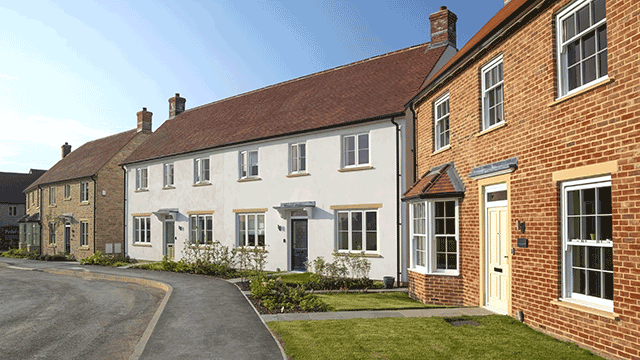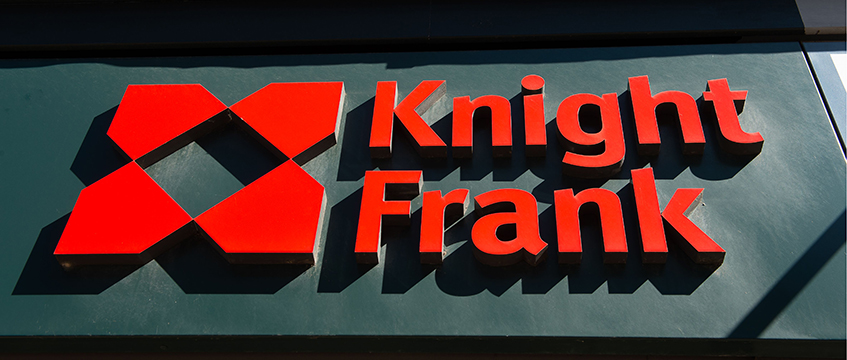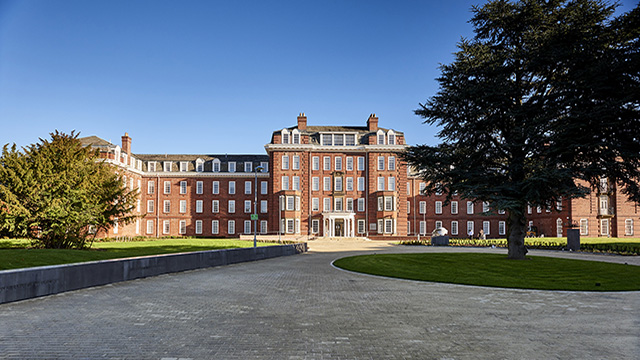Works being carried out to sports centres run by registered charities – Whether supplies in respect of works to be zero-rated – Whether centres intended for use “as a village hall or similarly providing social or recreational facilities for a local community” – Supplies found to be zero-rated – Commissioners’ appeals allowed
The appellant in the first matter, Jubilee, was a charitable company limited by guarantee. It ran a sports centre in Jubilee Hall, Covent Garden, a listed building. In 1993 it embarked upon substantial reconstruction of its premises, which consisted of approved alterations carried out with listed building consents. Jubilee was registered for VAT and made both taxable and exempt supplies. Article 28(2)(a) of the EC Sixth Directive on VAT provided that “Exemptions with refund of the tax paid at the preceding stage . . . which . . . satisfy the conditions stated in . . . Article 17 of the second Council Directive of 11 April 1967, may be maintained.”
The last indent of Article 17 provided that member states “may provide for reduced rates or even exemptions with refund . . . such measures may only be taken for clearly defined social reasons and for the benefit of the final consumer . . .”.
Section 30 of the Value Added Tax Act 1994, which changed UK zero-rating provisions to bring them into line with Articles 28(2) and 17, provided: “(2) A supply of goods or services shall be zero-rated if . . . specified in Schedule 8 . . .”
Item 2 of Group 6 of Schedule 8 provided that “The supply, in the course of an approved alteration of a protected building . . .” should be zero-rated. Note (1) defined “Protected building” as a building “which . . . is intended for use solely for . . . a relevant charitable purpose . . . “.
Use for a relevant charitable purpose was defined in note (4) in group 5 as “. . . use by a charity in either . . . (b) as a village hall or similarly providing social or recreational facilities for a local community”.
The commissioners disallowed Jubilee’s claim that supplies for the refurbishment fell to be zero-rated, on the ground that the premises were not intended for use solely for a relevant charitable purpose. Their decision was upheld by the VAT Tribunal. The commissioners appealed against the decision of the High Court allowing Jubilee’s appeal.
In the second matter, St Dunstan’s Educational Foundation, was a registered charity. It wished to improve the facilities for St Dunstan’s College by the creation of a new sports hall that would incorporate an existing swimming pool. Funds were made available from the national lottery on condition that there was “community use” and an agreement was entered into between the foundation, the relevant council and the Sports Council. The VAT Tribunal held that the foundation was entitled to a zero rating in relation to supplies to it in the course of the construction of the sports hall under item 2(a) of group 5 of Schedule 8 to the 1994 Act. Item 2(a) of group 5 of Schedule 8 to the 1994 Act provided that “The supply in the course of reconstruction of a building . . . intended for use solely for . . . a relevant charitable purpose” should be zero-rated. Use for a relevant charitable purpose was defined in note 6 to group 5 (previously note 4 in group 5). The commissioners appealed.
Held The appeals were allowed.
1. The “final consumer” in Article 17 was used in the sense that he either benefited directly from the supply or where the supply was “sufficiently close to the consumer to be of advantage to him”. The purpose of subpara (b) in note (4) in group 5 was to extend the relief to where a local community was the final consumer in respect of the supply of the services, including the reconstruction of a building, in the sense that the local community was the user of the services (through a body of trustees or a management committee acting on its own behalf) and where the only economic activity was one in which they participated directly.
2. The sports centre constructed by the foundation was primarily for use as one of the facilities of a fee-paying school; use for community purposes at the direction of the council was secondary. In so far as pupils at the school benefited from that facility they did so not as members of the local community, but as pupils on whose behalf fees were paid to the school. The sports centre could not therefore be said to have been intended for use solely for the purpose of “providing social or recreational facilities for a local community”.
Andrew Hitchmough (instructed by Cameron McKenna) appeared for Jubilee Hall Recreation Centre Ltd; Greg Sinfield (instructed by Lovell White Durrant) appeared for St Dunstan’s Educational Foundation; Michael Kent QC (instructed by the solicitor for Customs & Excise) appeared for the Crown.
Thomas Elliott, barrister









